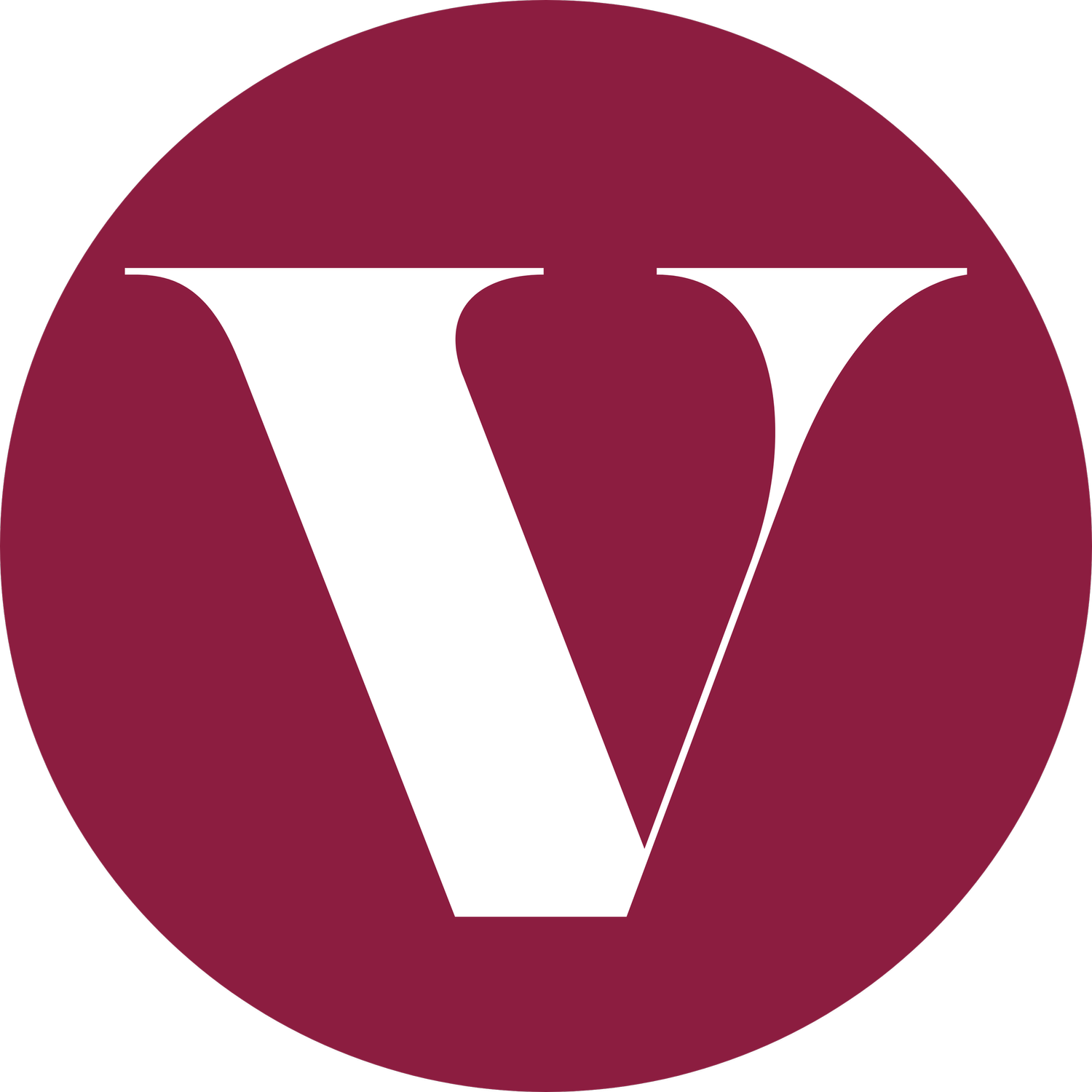Plenary Debate, November 13th, on the Election Results and the Future of the Dutch Government
Written by: Marina Yan and Lily Nie
Edited by: Laura Torres
Following the general elections, the Netherlands saw the win of Democrats 66 (D66); a social liberal party, positioned centre to centre-left on the political scale.
On November 13th 2025, a debate hosted in the Tweede Kamer in the Hague over the election results saw the leading parliamentary members of each party declaring their core values and proposing ideas for an ideal coalition.
Rob Jetten, leader of D66, kicked off the speeches, stressing the unique importance of their roles.“The election results show that millions of Dutch people have opted for cooperation and optimism,” Mr. Jetten says. In his goals for the next few years, he vows to “[build] new homes, [provide] good education, [create] a healthy climate,... [implement] a robust and fair migration policy, [and] invest in the smart economy where we can still earn a living ten years from now.” Regarding coalition talks, it is clear he hopes for a stable cabinet including both the D66 and the Christian Democratic Appeal, the centre-right party CDA.
Geert Wilders, leader of the far-right, ultra-conservative Party for Freedom (PVV), started his speech with a commemoration of the victims of the ISIS attacks in Paris that happened ten years ago on the same day, clearly alluding to his anti-islam, anti-immigrant agenda. The PVV came second in the elections, holding the same number of seats as the winning party; and to this, Mr. Wilders suggested the 0.3% difference calls for an automatic election recount, insinuating that perhaps D66 was the wrongful winner. Furthermore, Wilders declared “the Israel-haters, the burglars of the ministries, the followers of Pol Pot, all those former communists and Maoists of GreenLeft have defeated the Labour Party.” This was said in regards to the recent announcement of Jesse Klaver, former leader of GreenLeft (GL), taking over GreenLeft-Labour (GL-PvdA); assuming the leadership position formerly held by Frans Timmermans, member of the Labour Party (PvdA) before the merging process started.
Dilan Yeşilgöz-Zegerius, leader of the centre-right, conservative-liberal People’s Party for Freedom and Democracy (VVD), stressed the importance of “a strong economy, where work pays and entrepreneurs have the breathing space to do business again; a strong defense…; peace and quiet in [people’s] wallets…; a stricter asylum policy…; a robust integration policy, so we truly stand up for our liberal freedoms; healthy public finances, without deferring debt or fearing necessary reforms; and a small and compact government.” She believes this is most possible with “a centre-right cabinet,” suggesting either a cabinet with D66 and the right-wing to far-right Ja21 or D66, CDA, and the VVD. Nonetheless, she ends with the urgency to finish these decisions, fast.
Jesse Klaver, leader of the centre-left to left-wing, social democratic GL-PvdA, filled his speech with lighthearted messages, jokes and laughter. Praising the Netherlands for its prevailing ingenuity, economic prowess, all in the face of its special geographical challenges. He emphasized the need for change, vowing; “we can do this from the opposition, but we are also very willing to do so from the coalition.” He says this, perhaps given the knowledge most of the Netherlands voted for the centre to centre-right parties, as well as the fact that to form a majority cabinet, the VVD, which is extremely against collaborating with GL-PvdA, will have to be included. Overall, he advocated for a cabinet to be formed quickly, and promoted optimistic agendas.
Henri Bontenbal, leader of the centre to centre-right, conservative Christian Democratic Appeal (CDA), began by advocating for equality, that the reality of climbing the social ladder “is true for fewer and fewer people.” He furthermore advocated for democracy, the “freedom to believe, freedom to express one's opinion, freedom to shape one's life according to one's own beliefs, [and the] freedom of association.” To promote this, he emphasized the need for citizen participation in politics, through means of restoring trust between the people and the parliament, which has been damaged by the constant conflicts between parties.
Other memorable moments in the debate included the overwhelming amount of questions directed towards Mr. Bontenbal, the blatant disrespect for the Farmer-Citizen Movement (BBB), as well as DENK’s attacks on the anti-islam attitudes perpetuated by Mr. Wilders, which he argued was allowed by the VVD’s passivity towards the issue.
Only time will tell what the coalition and overall agendas will entail, but current patterns indicate that D66 and CDA will collaborate, the cabinet will be formed shortly, with a positive and ambitious agenda.

